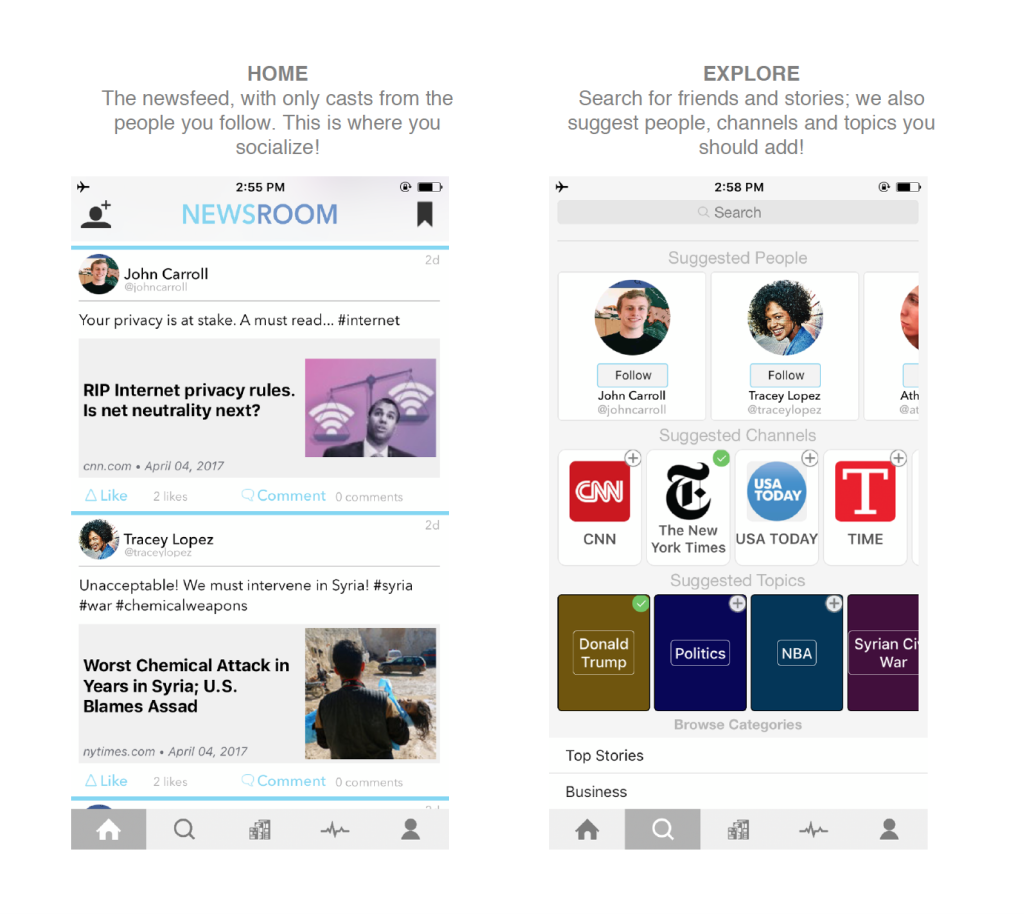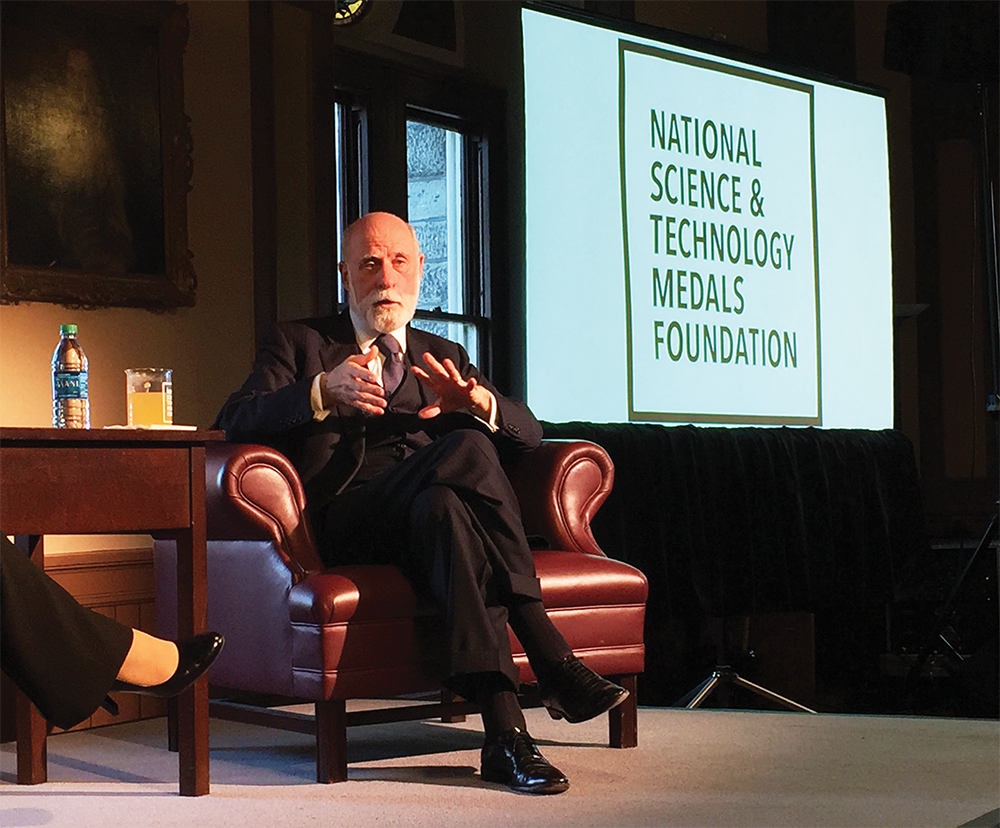If you’ve ever heard the phrase, “It’s not you it’s me” or “I just need time to focus on myself for a bit,” then you know that sometimes breakups can be rough. In the world of corporate finance, however, more often than not a breakup is just what the companies — and investors — needed.
This past week, eBay announced the spinoff of PayPal — the e-commerce and payments company that they had acquired in 2002 — while Hewlett-Packard announced the decision to separate into two new companies.
HP will reinvent itself as HP Inc., focusing on personal computers and printer hardware, and Hewlett-Packard Enterprise will provide business software, servers and other services to companies. These breakups will have profound effects for customers, investors and competitors.
The overarching idea behind a corporate split-up (not to be confused with a stock split) is that separating the business units will unlock more value for the shareholders. For example, HP’s two new entities will be able to focus more of their corporate attention and resources on their core competencies without having the institutional inertia that can come when a company gets too big and tries to do too much.
Commonly, but not always, when a company separates, shareholders receive a share in each of the new companies proportional to their previous degree of ownership. They will own two pieces of two companies with, at the official time of the split, an equal value to the original position. Once trading commences, they are free to do what they want with those shares.
HP’s announcement comes after years of earnings stagnation, with net income in the $5 to $7 billion range since the financial crisis. Like competitors such as Oracle, IBM and Cisco, enterprise solutions are a more growth-oriented area and are less dependent on consumer buying abilities and preferences than with personal computers. The result of the split will be determined by whether the struggling personal hardware business can use this room to “work on itself” or whether it will find itself looking over at its ex, wishing they were back together.
EBay’s situation is a little different. A spinoff is for the most part akin to a split-up, but usually there is a size differential in the divestiture. In this case, PayPal’s spinoff comes at a time when mobile and online payments are changing rapidly. Apple has entered the fray with the Apple Pay system, partnering with Visa and MasterCard, pointedly leaving their smaller peer PayPal out of the arrangement.
Commentators in the financial press from organizations from Barron’s to Bloomberg have hypothesized that one or both of the new companies will be prime takeover targets, fitting into the business strategy of larger companies such as Google. eBay, while still having modest growth rates, has seen them fall yearly since 2012 and has struggled as a result.
A spinoff or split-up is not always what a struggling, or even booming, company needs. Back in 2011, during its rise to market share domination, Netflix attempted to spin off send-by-mail DVD service as Qwikster. It received such pushback from investors and customers that the board decided to keep the company whole. A good sign for HP and EBay is that in the hours after their announcements, their share prices jumped upwards of 4 percent, indicating a positive response from investors and the market as a whole.
The question is then, how do these recent breakups affect Joe Hoya? From a financial standpoint, if Joe held any of these stocks prior to the announcement, he received a nice bump in the subsequent trading and will see those shares divide in the coming months. From a consumer standpoint, these breakups could mean changing products.
If HP Inc. is able to turn its personal computer business around, it would mean that customers have access to a better, or at least redefined, product. PayPal, too, may be popping up in Joe’s Android phone as the default mobile payment platform in the near future.
Like any big breakup — business or romantic — we just need some time.
Sean Sullivan is a senior in the McDonough School of Business. 37th & Wall Streets appears every month.












